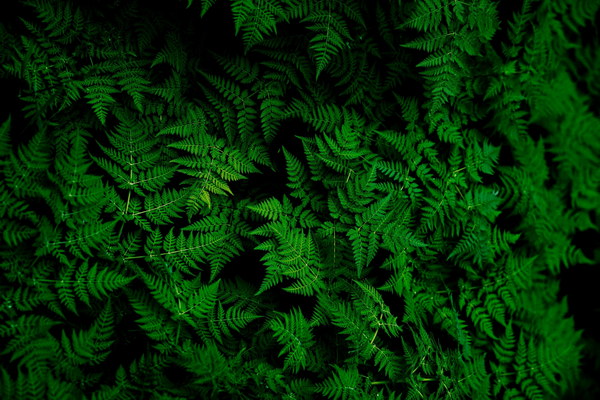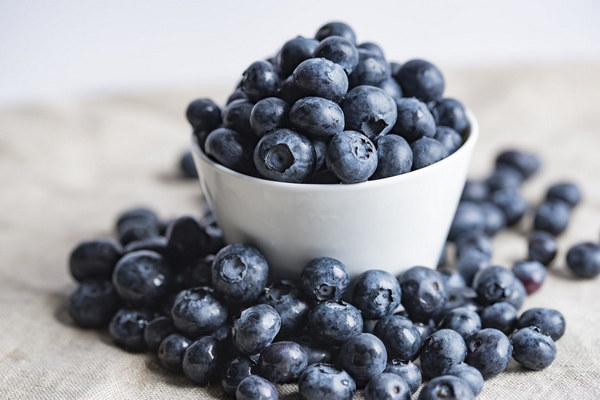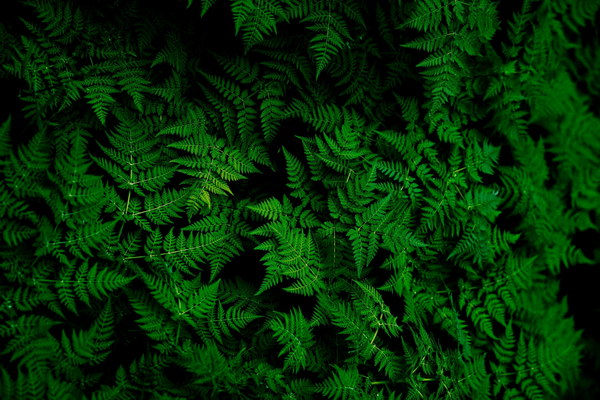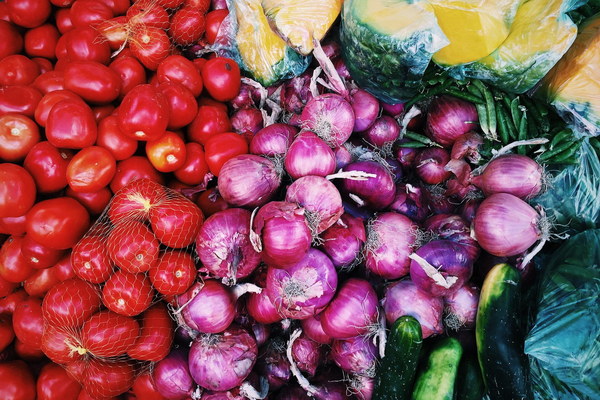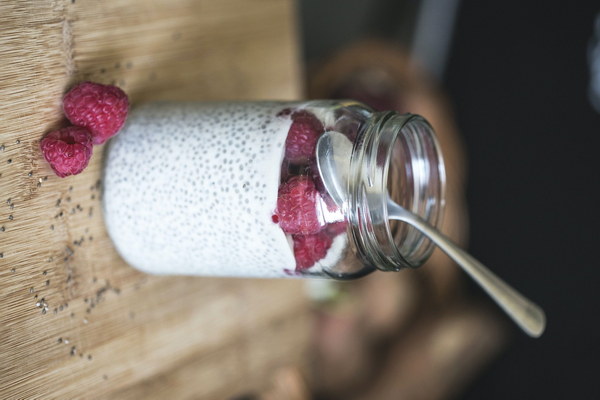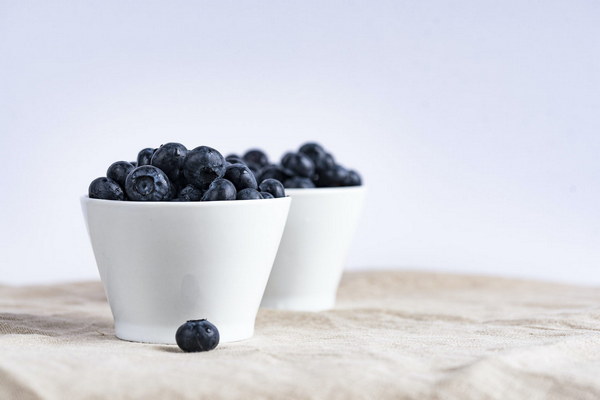Unlocking the Secret to Moisture-Warding Discover the Best Herbs for Dampness Removal
In the realm of traditional Chinese medicine, the concept of dampness is considered a major factor contributing to various health issues. Dampness can manifest as a range of symptoms such as fatigue, poor digestion, and joint pain. To counteract this, the use of certain herbs is recommended. In this article, we will explore the most effective herbs for dampness removal and their applications in traditional Chinese medicine.
1. Astragalus (Huang Qi)
Astragalus is one of the most well-known herbs for dampness removal. It is commonly used to strengthen the immune system, boost energy, and improve overall health. Astragalus has diuretic properties, which help to eliminate excess dampness from the body. It is often combined with other herbs to enhance its effectiveness.
2. Atractylodes (Cang Zhu)
Atractylodes is another essential herb for dampness removal. It is commonly used to treat dampness-related symptoms such as fatigue, weight gain, and bloating. Atractylodes has a warming effect on the body, which helps to expel cold and dampness. It is often combined with other herbs like ginger and rhubarb to enhance its therapeutic effects.
3. Poria (Fu Ling)
Poria is a versatile herb that is often used in combination with other herbs to treat dampness. It has a mild diuretic property and can help to eliminate dampness from the body. Poria is also beneficial for improving digestion and reducing swelling. It is often combined with herbs like rhubarb and atractylodes to treat dampness-related conditions.
4. Rhubarb (Da Huang)
Rhubarb is a powerful herb that is often used to treat dampness and heat in the body. It has a strong laxative effect, which helps to expel dampness and toxins. Rhubarb is also known for its cooling properties, which can help to alleviate heat-related symptoms. When used in combination with other herbs, rhubarb can be an effective treatment for damp-heat conditions.
5. Alisma (Ze Xie)
Alisma is a commonly used herb for dampness removal, particularly in cases involving fluid retention and edema. It has a diuretic effect and can help to eliminate excess fluid from the body. Alisma is also known for its ability to clear dampness from the lungs and spleen, making it beneficial for treating respiratory conditions and digestive issues.
6. Ginger (Sheng Jiang)
Ginger is a warming herb that can be used to expel cold and dampness from the body. It is often used in combination with other herbs to treat dampness-related symptoms such as joint pain and cold hands and feet. Ginger has a stimulatory effect on the body and can help to improve circulation, which in turn can aid in the elimination of dampness.
7. Codonopsis (Dang Shen)

Codonopsis is a nourishing herb that can be used to treat dampness and fatigue. It has a warming effect and can help to improve energy levels and overall health. Codonopsis is often combined with other herbs like astragalus and atractylodes to enhance its therapeutic effects.
In conclusion, the use of these herbs for dampness removal can be an effective way to improve health and alleviate symptoms associated with dampness. However, it is important to consult with a qualified healthcare professional before starting any herbal treatment, as individual needs may vary. Traditional Chinese medicine offers a holistic approach to health, and by incorporating these herbs into your regimen, you may find relief from dampness-related issues and enjoy a greater sense of well-being.

